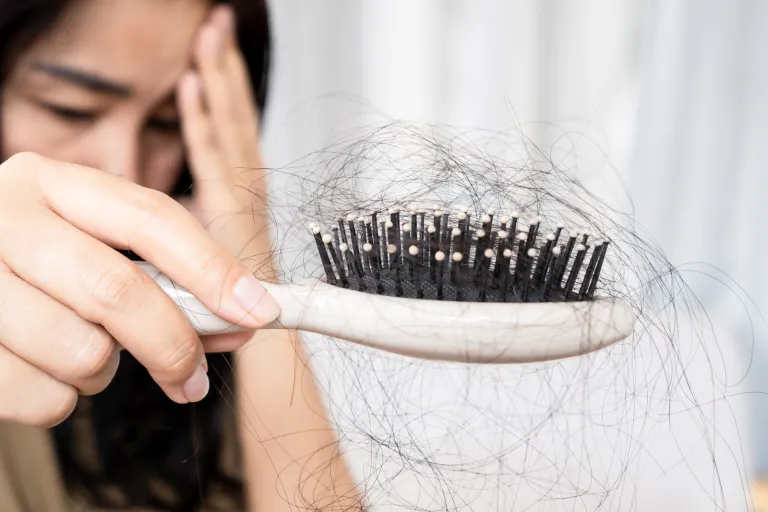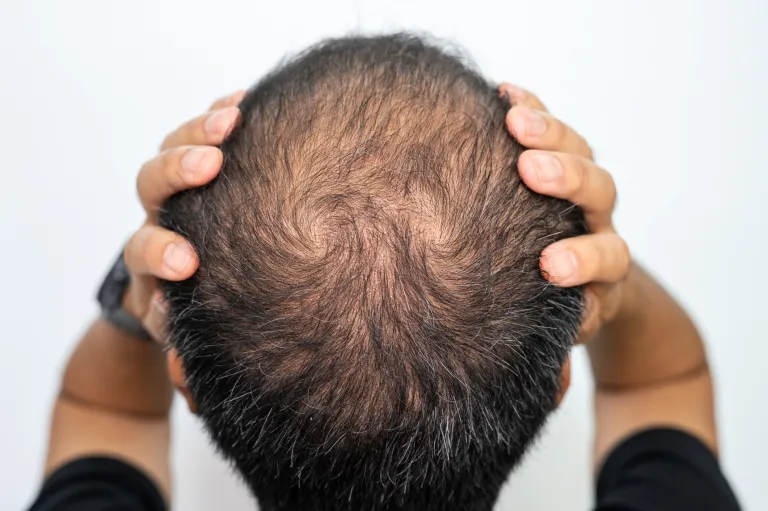Alopecia
In a society that often places great importance on physical appearance, it can be challenging for individuals who experience hair loss. Alopecia is the medical term for Hair loss affecting millions of people worldwide. However, in the midst of this seemingly negative circumstance, a growing movement is rising that challenges conventional beauty standards and celebrates inclusivity & diversity of those living with alopecia. This article explores the world of alopecia & its impact on individuals.
In a society that often places great importance on physical appearance, it can be challenging for individuals who experience hair loss. Alopecia is the medical term for Hair loss affecting millions of people worldwide. However, in the midst of this seemingly negative circumstance, a growing movement is rising that challenges conventional beauty standards and celebrates inclusivity & diversity of those living with alopecia. This article explores the world of alopecia & its impact on individuals.
Over 50% of people may be affected by hair loss in their lifetime. While the most common cause is androgenic alopecia, there are over 10 common causes of hair loss that need to be considered. Explore our website for detailed information on the primary types of alopecia, causes & holistic approach to management.
- Androgenetic Alopecias i.e. male & female patter progressive baldness
- Alopecia Areata (patchy hair loss), Alopecia Totalis (complete scalp hair loss) and Alopecia Universalis (total body hair loss)
- Scarring alopecias such as frontal fibrosing alopecia & lichen planus
- Autoimmune conditions such as psoriasis or lupus
- Fungal infections such as Tinea Capitis also known as ringworm
- Telogen effluvium
- Traction Alopecia
- Trichotillomania






